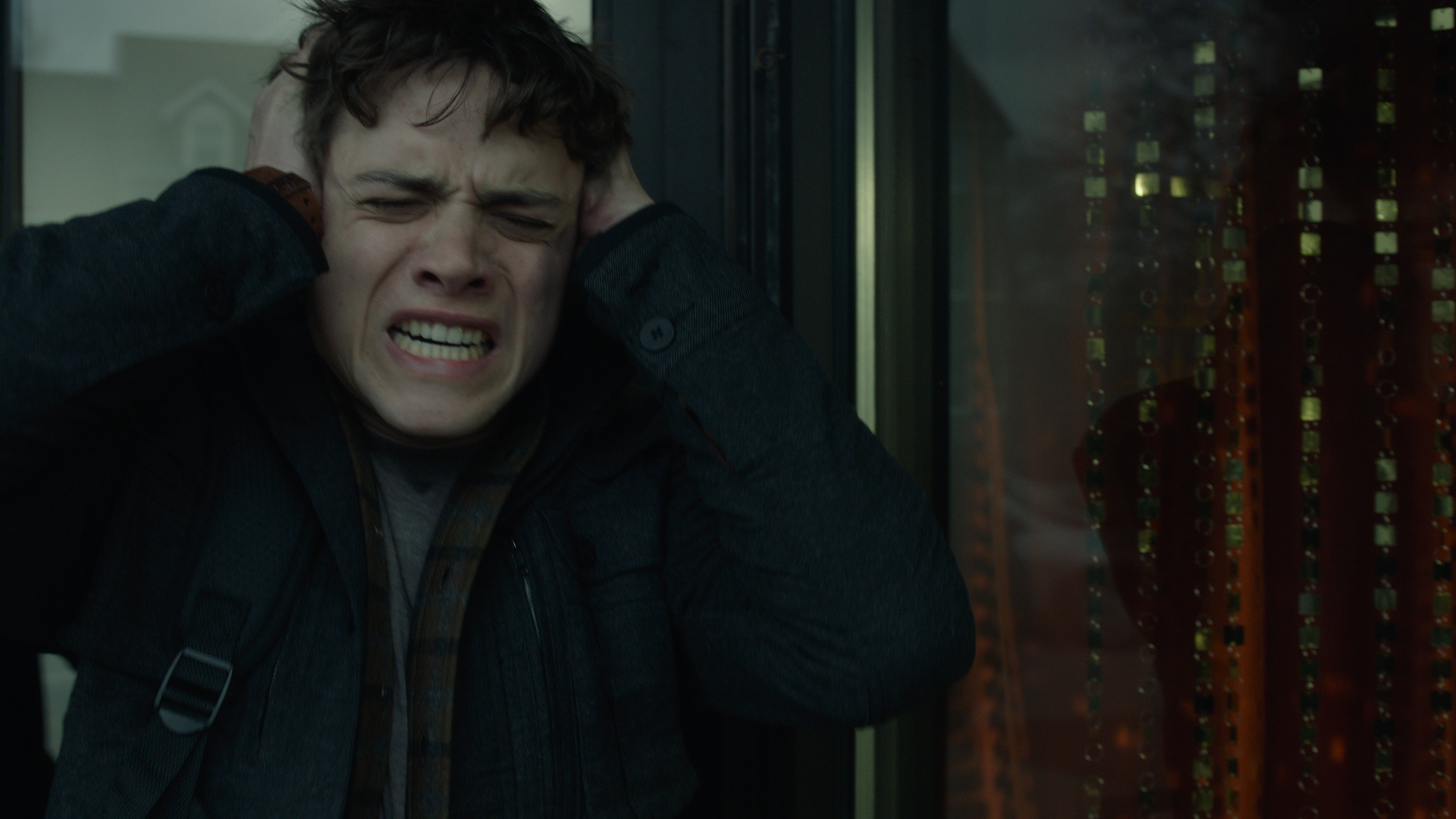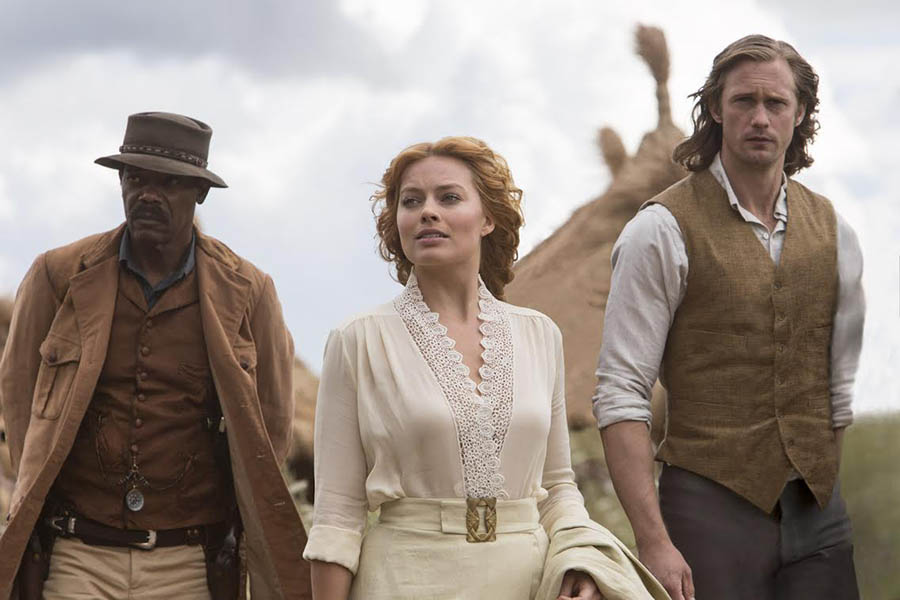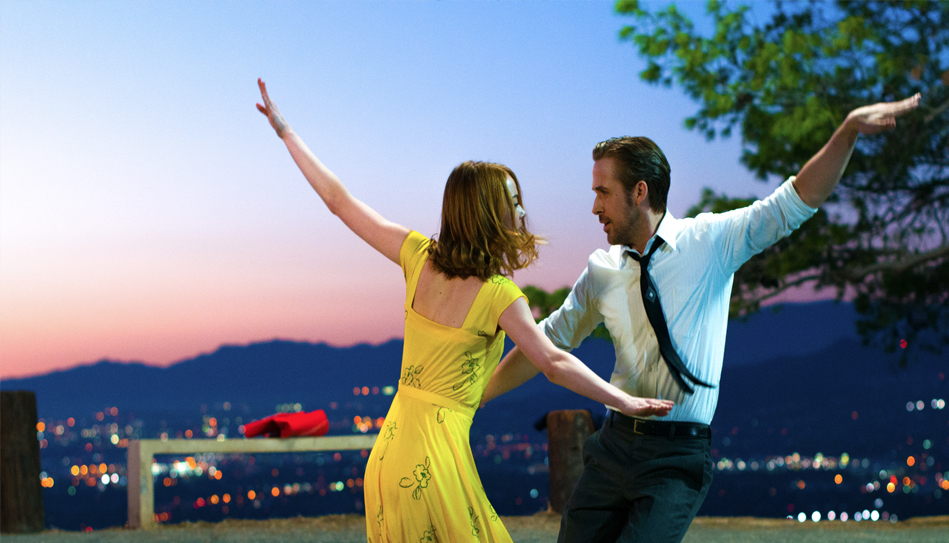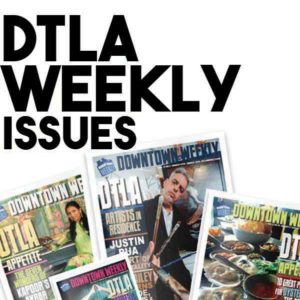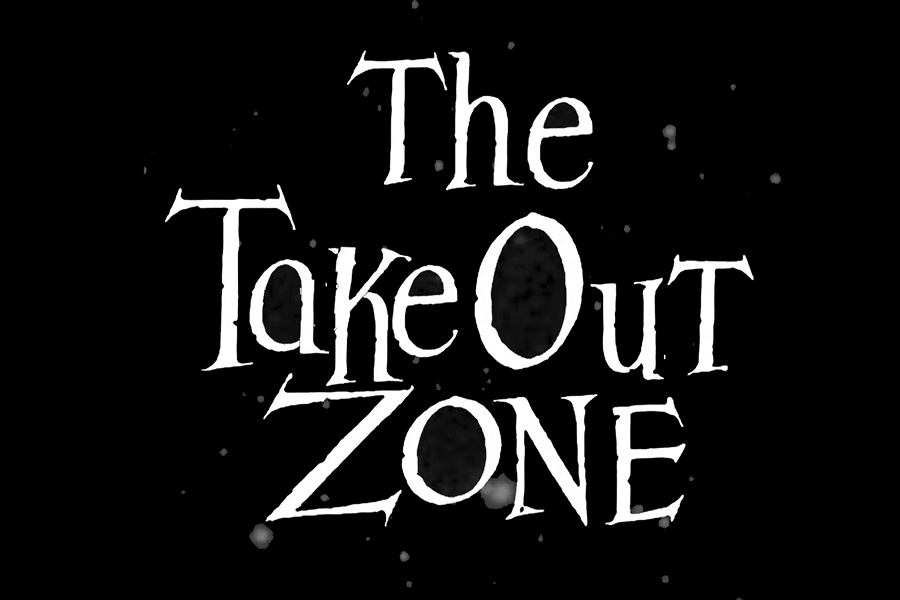
In case you forgot, here’s a refresher on Edward Snowden. While working for contractor Booz Allen for the NSA, Snowden began copying top-secret NSA documents, building a dossier on practices that he found invasive and disturbing. The documents contained vast information on the NSA’s domestic surveillance practices. After he had compiled a large store of documents, Snowden told his NSA supervisor that he needed a leave of absence for medical reasons, stating he had been diagnosed with epilepsy. On May 20, 2013, Snowden took a flight to Hong Kong, China, where he remained as he orchestrated a clandestine meeting with journalists from the U.K. publication The Guardian as well as filmmaker Laura Poitras.
On June 5, The Guardian released secret documents obtained from Snowden. In these documents, the Foreign Intelligence Surveillance Court implemented an order that required Verizon to release information to the NSA on an “ongoing, daily basis” culled from its American customers’ phone activities. The following day, The Guardian and The Washington Post released Snowden’s leaked information on PRISM, an NSA program that allows real-time information collection electronically. A flood of information followed, and both domestic and international debate ensued.
Director and co-writer Oliver Stone is no stranger to debate. While he has directed many non-controversial films including Wall Street, The Doors and Alexander, many of his films seem to be controversy magnets. JFK, Natural Born Killers and W created debates well before they were released. Who better to direct a film about one of the most polarizing figures in recent memory? Stone recently sat down to discuss his latest passion project which stars Joseph Gordon-Levitt, Shailene Woodley, Melissa Leo, Zachary Quinto, Tom Wilkinson, Scott Eastwood, Logan Marshall-Green, Timothy Olyphant, Ben Schnetzer, LaKeith Lee Stanfield, Rhys Ifans and Nicolas Cage. And keeping with his filmmaking persona, his answers aren’t always what you expect.
Not unexpectedly, he sidestepped the question about whether he believes whether Snowden’s action were right or wrong. On the other hand, he didn’t sidestep in talking about how difficult the screenplay was to write.
“I have two hats. People know me for my outspoken beliefs. I’ve stated them because I feel I have a right as a citizen, not just a filmmaker. Sometimes I’m criticized for it and sometimes I’m confused. People attribute political filmmaking to my films and that’s not true. I consider myself a dramatist. I tell the story. In this case, I met with Snowden in January of 2014 for the first time. I was wary and he was wary. We didn’t know how to do this thing. I didn’t know all the details. I had read all the press of course, but many of them are inaccurate. I went back two more times. In late May, we had a contract to move ahead. We bought the book from The Guardian. [Co-writer] Kieran Fitzgerald talked about this at length.
We decided to go with the Snowden realism story as much as possible. He gave us a tremendous amount of detail. I went back ultimately nine times to Moscow. It’s a very complicated screenplay because you want to get the details right on the NSA. You want to be as accurate as possible without the cooperation of the NSA. You don’t want it to be like Zero Dark Thirty where you get the cooperation of the CIA, but they guide you. They tell you what to do. It’s very tricky.
In fact, we ended up throwing out 50% of the research we did. It was enormously complicated. My brain was spinning. There’s a great line when the woman at The Guardian says, ‘all this intelligence jargon.’ It’s really hard to understand. Poor Ewen MacAskill [the defense and intelligence correspondent for The Guardian]. You read the pages and it’s one freaking program after another. It’s not even in English. They don’t know how to write in English. They don’t want to write in English. They want to keep it freaking secret. Their names – they’re almost as bad as military names like Enduring Freedom crap.
I said, ‘we have to work this thing as straight as we can and give the NSA a solid story. Rhys Ifans, the O’Brian character [Snowden’s CIA recruiter], says the various positions of the agency. He knew the Iraq war was an unfortunate disaster. He says, ‘you don’t have to agree with your politicians in the stupid madness of this war for oil and sand.’ His goal is the overall protection of the United States. There’s an interesting conversation when O’Brian and Snowden are walking through the woods. We state, more or less quickly, some the issues.”
Though he’s not aware of any changes in his life due to government intrusion, he’s also not aware of any changes in the NSA.
“We made the movie without a hindrance. We didn’t get the cooperation of any major studio. We don’t know why. I suspect that it’s self-censorship which happens when you reach McCarthy-like levels which this country has reached about repressing the truth as much as possible. Snowden talked about this too. He revealed the collaboration of major corporations with the government. He put it on the screen point blank which forced the corporations to provide encryption. That’s the biggest change I’ve seen.
The NSA certainly didn’t change. They changed a lot of drapes in the room. It’s all jargon. The NSA was hacked last week. That’s the first hack we know of. This was a big hack last week. You might not even know about it because it doesn’t get reported about in mainstream press. The hackers were called the Shadow Brokers and this was a big hack. In other words, the NSA hacks everyone in the world and whoever hacks the NSA gets that information. It’s a crazy time. It’s out of control. We sit here thinking they’re protecting us? No way. Our bank account could be raped right now as we’re talking.”
When you look at pictures of Edward Snowden and Joseph Gordon-Levitt side by side, the resemblance is uncanny. The similarities don’t end there and that’s why Gordon-Levitt was Stone’s first choice.
“Joseph was my first choice. I said, you look like him. You feel like him. I know you’re brilliant with computers.’ He’s the same age. It was a pure match. Shailene also was very involved. She wrote me a letter [expressing interest in the role]. They weren’t stars in that sense of the word in that they could get the movie financed. The studios obviously avoided it. It was very brave of Open Road who stepped forward and committed to U.S. distribution. Tom Ortenberg is the chairman and I admire him very much. I worked with him on W when he was at Lionsgate.”
Unlike Gordon-Levitt, Rhys Ifans did not look like his character. In fact, he’s almost unrecognizable. Despite this, like Gordon-Levitt, Ifans was Stone’s first choice.
“I met him early [in pre-production] in London because we had to cast out of London as much as possible to save money. The budget was tight [estimated to be $40-50 million]. English actors do a very good American accent. He impressed me. He isn’t a box office draw, so I had to wait. We went through a lot of so-called American actors who passed on the role. Rhys was always right and I got him at the very end [of pre-production]. I was lucky to get him. We had to work on the accent and makeup. He took the lessons very seriously to make his accent as close to American as possible. We changed the hair. We decided to go white. It was an interesting change for him since he’s a blonde. He’s quietly effective in the way the British character actors can be. He’s a great actor by the way. He’s done everything from comedy to Shakespeare.”
It was so important to Stone to tell Snowden’s story accurately, that he sought Snowden’s approval on his final cut. Well, sort of.
“Yea he did. Well, not the last cut. I cut four minutes sometime this spring. He saw it twice and he really helped us technically. I vetted it with him because it’s some tricky stuff. The NSA will says this is wrong and this is wrong, but don’t believe them. I would go with what Joe was saying. But some things we can’t do. We can’t recreate on film what they can do on computers. We had to show things on film that you can’t see on a computer. I think we found compromises that work. The NSA does not spend money on superfluous stuff. They spend billions on contractors. They like contractors. They don’t spend money on their own people.”
Stone seems to be cut from the same cloth as many of the filmmakers of the 1970s who made political movies that questioned aspects of our society. He’s an honorary member of the fraternity of directors like James Bridges, Sidney Lumet and Alan Pakula. Snowden is a film that feels like a cinematic sibling to films like Bridges’ The China Syndrome, Lumet’s Network and Pakula’s All the President’s Men. Stone is not afraid to lament the fact that it’s harder for those kinds of films to get the studio greenlights now.
“It’s very frustrating. There’s another issue here. It’s perceived as being a ‘critical of America’ movie. This guy was an American. That’s what’s frustrating. You cannot dissent from the system. [Studios] make pro-American movies only. This has happened more and more since Reagan. Going back to the 70s, in the wake of the Vietnam war, there was a certain disillusionment to what the government was doing. People were actually making movies that were critical of our society.
In the 80s and 90s, I was one of the few that were trying to make people look in the mirror. Spike Lee was another. Syriana is a good movie that does that. I can’t say Argo because that glorifies America. Karma is bad on this. If you can’t look in the mirror and see what we did in foreign countries, it tells you a lot about where our culture is headed. I tried to do the My Lai Massacre, which was a good and interesting movie. I tried to do the Martin Luther King story. You make your way in this [studio] system. I didn’t want to do Snowden. I knew I was going to have problems. It’s a current affair and a story could break either way. I try to stay away from hot potatoes if I can. But this story was too important.”
Snowden opens in theaters September 16th.

